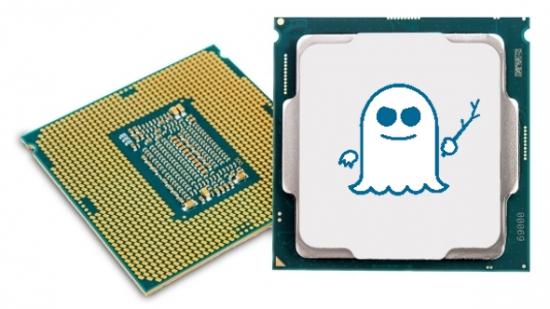Tech companies have been rushing to release mitigations for the Spectre security flaw since it reared its ugly head, but these mitigations have come with their own flaws, unwanted reboots now included. These issues have now led Microsoft to release a patch to disable Intel’s flawed fix for the time being.
Looking to turbo boost your PCs performance? Here are the best SSDs for gaming.
Microsoft are offering a fix for the system instability that users have been experiencing with the Spectre mitigation in place, and it seems, at least for the time being, that Microsoft are prioritising system stability over the currently inane Spectre flaw. Intel have confirmed that the cause of these unexpected system reboots lay within the microcode fix, and have already ended their microcode update roll out – no details on a further reboot-free fix have yet been released.
Microsoft’s update is only for those users who have already rolled out the Intel microcode mitigation to their system, and only disables the mitigation for Spectre Variant Two. If you are one of those with hardware affected, you’ll need to head to the Microsoft update page to download the fix as it won’t be pushed to your system. If you aren’t experiencing any unexpected reboots so far, then carry on as usual and keep your system up-to-date as and when the new patches and BIOS updates go live.

The company reiterate within their latest update that no evidence of a Spectre-based attack have surfaced so far, but that any user disabling Intel’s fix should re-enable it once the system instability has been fixed. While a security flaw is certainly not the best thing to have in the back of your mind while gaming, a random reboot could be hugely detrimental, too. I know which issue I would rather fix for now, but you’ll need to make your own mind up.
There is some good news, however. Intel CEO Brian Krzanich clarified during their fourth quarter results briefing that in-silicon changes to the hardware would start appearing in 2018 to directly address Meltdown and Spectre flaws.
It has certainly been a rough few weeks for Intel, and this latest patching debacle has left many users wondering why the development of these mitigations seem so rushed when, according to Google’s Project Zero, Intel have known of the issue for some time.
